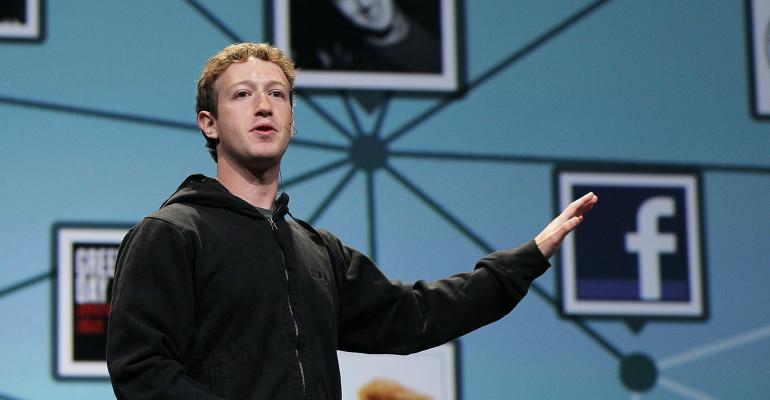We’re currently engaged in the largest wealth transfer in history. Over 50 years, between 2007 and 2061, an estimated $59 trillion will pass from older to younger generations. In addition, many wealthy millennials, like Mark Zuckerberg and his peers, are generating their own substantial wealth.
It’s expected that up to half of this wealth will be donated to charitable causes.
A timely and thought-provoking new book, Generation Impact: How Next Gen Donors Are Revolutionizing Giving (2017), by Sharna Goldseker, founder of 21/64, a nonprofit dedicated to improving next-gen and multigenerational philanthropy, and Michael Moody, a cultural sociologist serving as the Frey Foundation Chair at the Dorothy A. Johnson Center for Philanthropy at Grand Valley State University, explains the powerful ways in which the next generation of philanthropists will use their inherited and earned wealth to impact issues and causes, nonprofits and themselves—with a new and distinct approach to philanthropy. They’ll create a revolutionary “golden age of giving.”
Important Findings
As a basis for this book, Goldseker and Moody surveyed more than 300 major donors in their 20s and 30s and interviewed more than 75 of them. They then combined this original research with their own significant experience in the philanthropic sector to reach a number of important findings. Among these are:
- Recognizing the urgency of today’s social and environmental challenges, next-gen donors are unwilling to wait until their hair turns gray to become philanthropists; rather, they’re giving what they can and getting engaged—now.
- Next-gen donors want to be personally connected with the missions of the charities they support, supporting organizations not only with their money, but also by rolling up their sleeves and offering their expertise to help with the work.
- As the most-networked generation in history, donors in their 20s and 30s want to integrate their valuable networks with their philanthropic endeavors. They want to contribute their time, treasure, talent and ties to make a difference.
- New donors will go beyond grants to deploy innovative approaches to philanthropy. They will expand the use of program-related investments; impact investing; crowdfunding; giving collaboratives; social enterprises; and advocacy, policy and movement giving.
- These donors will continue to press businesses to become more socially and environmentally responsible. They’ll invest their assets accordingly.
- Next-gen philanthropists respect the charitable commitment of their elders and want to be good stewards of their family’s legacy. They want to learn from them, work alongside them and continue to focus on a wide range of key issues, including the elimination of poverty and homelessness, improvement of educational opportunities and access to food. As a group, however, the next generation of givers will focus more on civil rights, advocacy groups and environmental issues. They’ll focus less on religious and arts organizations and traditional big-box charity aggregators like United Way.
- The authors observe: “Making a tangible difference is their top philanthropic focus. They want an Impact Revolution. They want to reshape philanthropy in ways they believe can finally lead to meaningful progress on our toughest challenges.”
Key Challenges
These findings raise key challenges for both nonprofits and affluent families. Nonprofit organizations must work to understand the changing philanthropic landscape. They must adapt their reporting, programming, leadership models and fundraising techniques to the needs and objectives of the rising generation of new and influential donors.
In addition, affluent families must respond to this changing landscape by engaging their rising generation family members in meaningful, transparent and strategic philanthropy as soon as possible—so that philanthropic values, expertise and opportunities are more likely to transfer along with wealth.
My personal experience working with families has taught me the importance of creating a “safe zone” in which all adult family members are given an equal seat at the table to participate in family giving— contributing their unique individual and generational perspectives.
People on both sides of the philanthropic coin—donors and nonprofits alike—will benefit from the insights available in this important new book. The philanthropic world is changing in dramatic ways. In the words of Charles Darwin, “It is not the strongest or the most intelligent who will survive, but those who can best manage change.”
Bruce DeBoskey, J.D., is a philanthropic strategist working across the U.S. with The DeBoskey Group to help families, businesses and foundations design and implement thoughtful philanthropic strategies and actionable plans.





